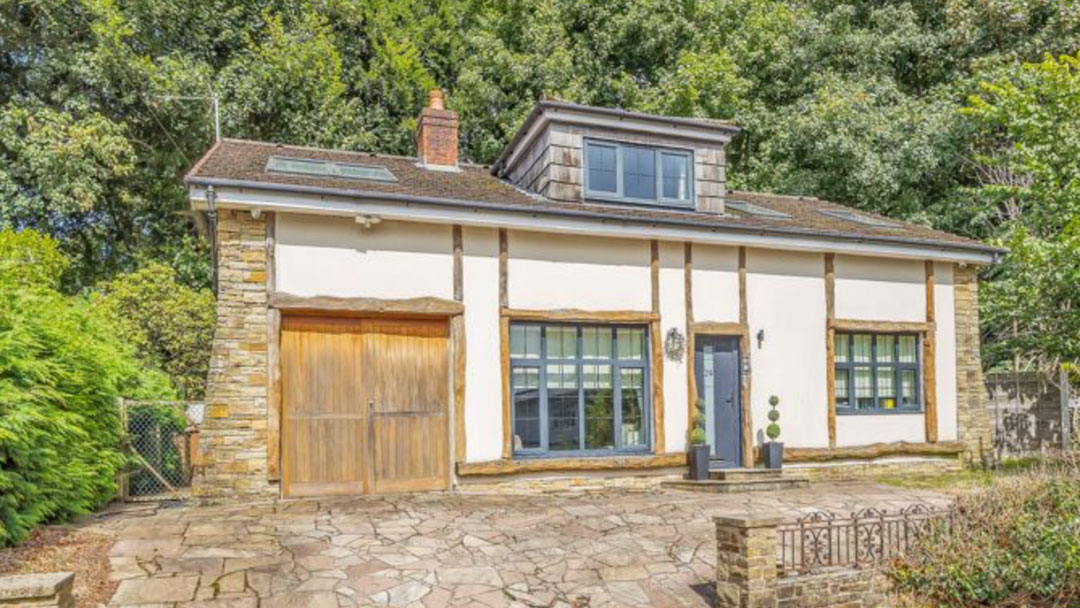Selling an inherited home can be an emotional and sometimes overwhelming experience. Whether the property brings fond memories or presents unexpected challenges, there are a few important things to keep in mind when deciding to sell. Here’s a guide to help you navigate the process.
1. Give Yourself Time to Process
First and foremost, take a moment to breathe. Inheriting a home often follows the passing of a loved one, and selling straight away might feel rushed. It’s okay to take your time to process everything before jumping into decisions. You don’t need to sell immediately—give yourself space to think about what’s best for you.

2. Understand the Tax Implications
One of the first things to check when you inherit a property is whether there are any tax obligations. In the UK, there may be inheritance tax to consider, and when you sell the home, you might also face capital gains tax depending on how much the property has appreciated in value. It’s a good idea to speak to an accountant or tax advisor to understand the financial side.
3. Get the House Valued
Before you make any decisions, it’s important to know what the house is worth. Get a few estate agents in to give you valuations so you have a clear idea of the property’s value in today’s market. This can help you figure out whether selling is the best option, or if you might want to rent the property out instead.
4. Consider the Condition of the Property
Inherited homes are often older or may have been lived in by elderly relatives, so they might need some work before going on the market. Take a close look at the condition of the house—does it need a fresh coat of paint, some repairs, or a bit of TLC to make it more appealing to buyers? You may need to budget for a few upgrades to get the best price.
5. Sort Through Personal Belongings
This can be one of the hardest parts of selling an inherited home. Sorting through personal belongings can bring up a lot of emotions. Take your time going through the items—keep what’s sentimental, donate what you can, and responsibly clear out the rest. If it feels too overwhelming, you can always hire a professional service to help.
6. Decide Whether to Sell As-Is or Renovate
You’ll need to decide whether to sell the property as-is or invest in some renovations before putting it on the market. While fixing up the house might help you get a higher selling price, it could also require time and money that you may not want to invest. Consider the pros and cons—if the house is in decent shape, selling as-is might be the simpler route.

7. Work with an Estate Agent You Trust
Lastly, choosing the right estate agent can make the whole process smoother. Look for an agent with experience in selling inherited homes and who understands the emotional side of the sale as well as the practical. They can help guide you through pricing, marketing, and closing the sale, making sure everything goes as smoothly as possible.
Final Thoughts
Selling an inherited home comes with its own set of challenges, but with the right approach, it doesn’t have to be overwhelming. Take your time, seek professional advice where needed, and focus on what feels right for you. Whether you decide to sell, rent, or hold onto the property for a while, the decision is yours to make.
If you need help with your inherited property, reach out to us today at 01706 356633 or enquiries@reside.agency, and we’ll help you all the way.





























